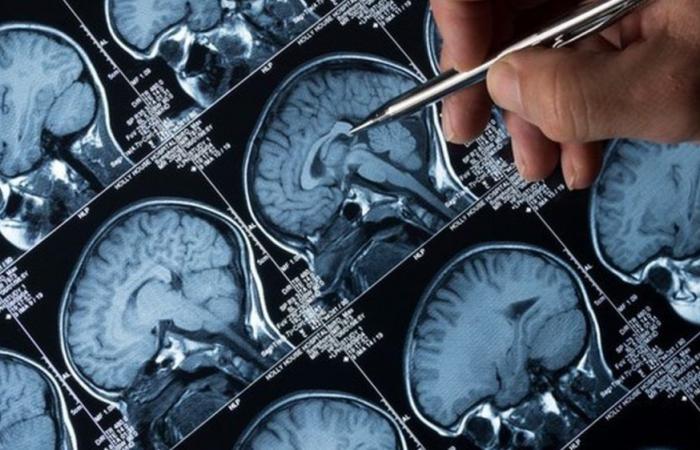A group of scientists of Mass General Brigham finally attempted to provide a answer to the questions “Can Alzheimer’s be inherited? AND who takes risksin case, more among those who have cases of this disease in family?”. According to one study published in Jama Neurology la familiarity matters and the danger is greater for people whose mother has shown symptoms of the disease throughout life (and it doesn’t matter when). There’s more: the risk of getting sick was found to be higher even if these symptoms are present in the family on the mother and father’s side, or if the latter developed them, but early.
The “ghosts” of Alzheimer’s: 80 thousand don’t know they have it
I study
The scholars evaluated the family history of all those relatives with symptoms of Alzheimer’s (even without a real diagnosis) and therefore of 4,400 men and women aged between 65 and 85 years, without cognitive problems, in a clinical trial for Alzheimer’s prevention. Thus it was possible to evaluate the brain levels of amyloid protein, a biomarker of Alzheimer’s disease, observing that «A person’s maternal family history, compared to their paternal family history, may have a different impact on their risk of accumulating amyloid in the brain.».
There had already been research that had suggested this conclusion, but it was based on much smaller numbers. While the work of this unpublished study emerges that “if the participants had a family history” of Alzheimer’s “on their mother’s side, a higher amyloid level was observed”, as stated by neurologist Hyun-Sik Yang, corresponding author of the study for which he collaborated with other colleagues from Mass General Brigham and with scientists from Vanderbilt University and Stanford.
Neurologist Mabel Seto specifies that «it does not matter at what age the mother began to develop the disease. The symptoms, regardless of when the mother’s cognitive problems began, were associated with higher levels of amyloid in her children. The father’s legacy, on the contrary, only weighed on the offspring when the symptoms began early. Having only a paternal history of late-onset memory disorders was not associated with higher amyloid levels.”
A disease more widespread in women and the limits of work
Considering this aspect, the authors of the study report that “from a genetic point of view it is really interesting to see how one sex contributes to a risk that the other does not”. However, the scientists also cite some critical areas of the work. For example? The fact that some participants’ parents had died young, before they could possibly develop cognitive disorders. Or that the majority of people evaluated were non-Hispanic white, so the study’s findings may not apply to other ethnicities.
Furthermore, social factors could make the difference in recognizing the warning symptoms of Alzheimer’s or not. Therefore it is necessary to continue research, also to understand how family history concretely influences cognitive decline and the brain accumulation of amyloid protein over time, and why maternal DNA plays a role in Alzheimer’s risk. For neurologist Reisa Sperling, co-author of the article: “This work indicates that maternal inheritance of Alzheimer’s disease may be an important factor in identifying asymptomatic people to be involved in current and future prevention studies.”
© ALL RIGHTS RESERVED
Read the full article at
The messenger





